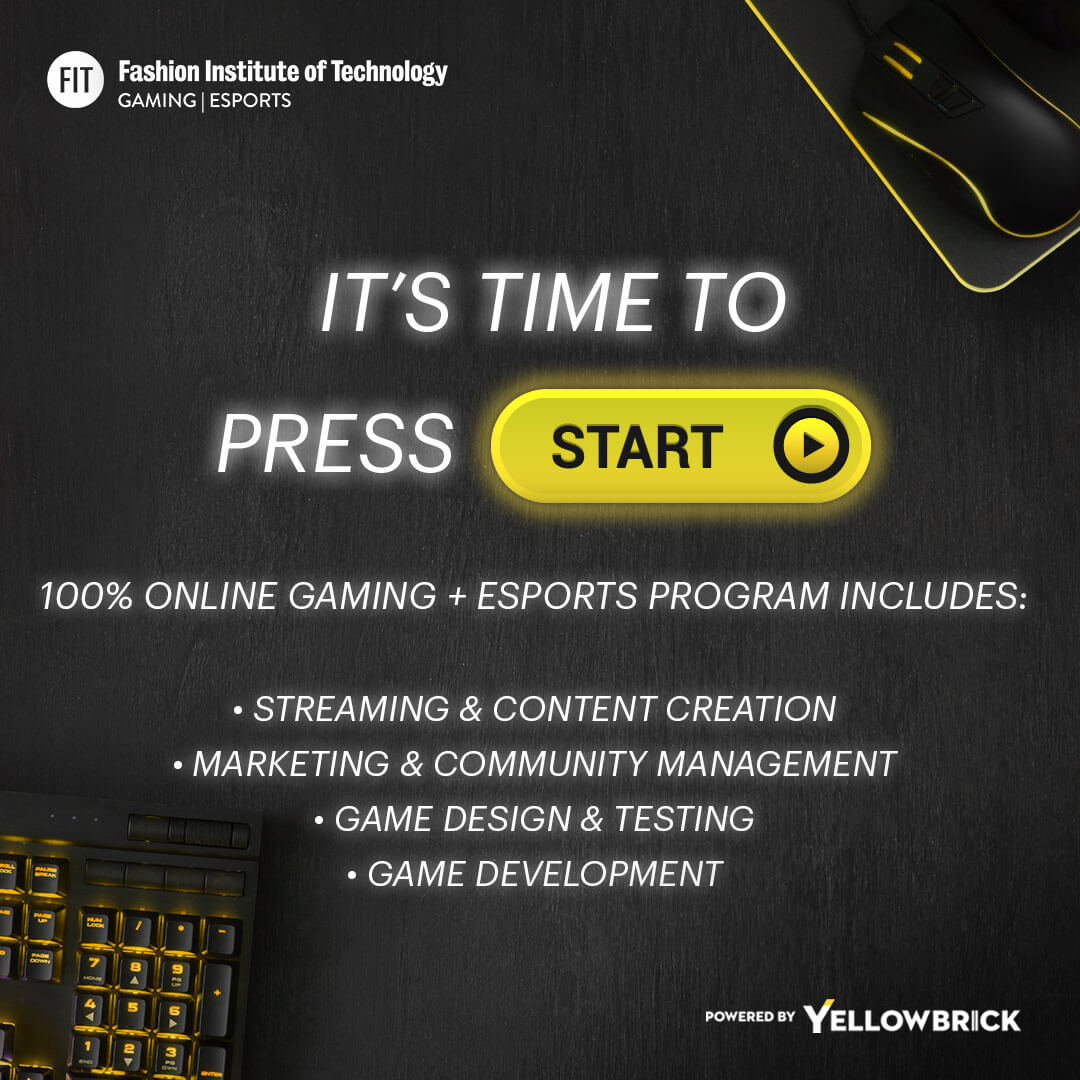E-sports and Legal Challenges: Copyright, Contracts
The rapid growth of the e-sports industry has brought about a myriad of legal challenges, particularly in the realm of copyright and contracts. As e-sports continue to gain popularity and attract significant investment, it becomes crucial for players, teams, and organizations to navigate the legal landscape effectively. In this article, we will explore the key legal challenges faced by the e-sports industry in relation to copyright and contracts, and discuss how players and stakeholders can address these issues to protect their rights and interests.
Understanding Copyright in the E-sports Industry
Copyright is a fundamental aspect of the e-sports industry, as it governs the protection of intellectual property rights in various aspects of the game. Game developers invest substantial time, effort, and resources into creating unique and innovative games, and copyright law ensures that they have the exclusive right to reproduce, distribute, and publicly display their creations. However, copyright issues can arise when players or organizations use copyrighted content without proper authorization or licensing agreements.
One common copyright issue in e-sports is the unauthorized use of in-game assets, such as characters, artwork, or sound effects, for commercial purposes. Many e-sports teams and players create merchandise or promotional materials featuring these assets without obtaining the necessary permissions or licenses from the game developers. This can result in legal disputes and potential financial liabilities. To avoid copyright infringement, it is crucial for e-sports professionals to seek proper authorization or licensing agreements before using any copyrighted content for commercial purposes.
Contracts and Their Significance in E-sports
Contracts are another significant legal aspect of the e-sports industry. Contracts play a vital role in defining the rights, obligations, and responsibilities of various parties involved, including players, teams, sponsors, and event organizers. However, the unique nature of the e-sports industry poses specific challenges when it comes to contract negotiations and enforcement.
One of the primary challenges in e-sports contracts is ensuring fairness and transparency. Unlike traditional sports, e-sports is a relatively new and evolving industry, and standard contract templates may not adequately address the specific needs and dynamics of e-sports professionals. As a result, there is a need for customized contracts that consider the unique aspects of the industry, including revenue sharing, sponsorship agreements, image rights, and intellectual property ownership.
Additionally, contract disputes can arise when parties fail to fulfill their obligations or when there is a breach of contract. E-sports players may face issues such as non-payment of salaries, unfair termination, or failure to provide promised benefits. In such cases, it is crucial for players to seek legal advice and explore potential remedies, such as arbitration or mediation, to resolve disputes efficiently.
Strategies to Address the Legal Challenges in E-sports
To address the legal challenges in e-sports, players, teams, and organizations should consider the following strategies:
- Seek legal counsel: It is essential to consult with experienced lawyers who specialize in e-sports law. These professionals can provide valuable guidance on copyright issues, contract negotiations, and dispute resolution.
- Understand licensing requirements:Before using any copyrighted content for commercial purposes, ensure that you have the necessary licenses or permissions from the copyright holders. This will help avoid potential legal complications and protect your interests.
- Negotiate fair contracts: When entering into contracts, players should carefully review the terms and conditions and negotiate for fair and transparent agreements. Consider seeking professional advice to ensure that your rights and interests are adequately protected.
- Stay updated on industry developments:The e-sports industry is continuously evolving, and laws and regulations may change over time. Stay informed about the latest legal developments and industry practices to effectively navigate the legal landscape.
In conclusion, the e-sports industry faces various legal challenges, particularly in the areas of copyright and contracts. Understanding these challenges and taking proactive measures to address them is crucial for e-sports professionals to protect their rights and interests. By seeking legal counsel, obtaining necessary licenses, negotiating fair contracts, and staying informed, players and stakeholders can navigate the legal landscape successfully and contribute to the growth and sustainability of the e-sports industry.
Key Takeaways:
- Copyright is a crucial aspect of the e-sports industry, protecting the intellectual property rights of game developers. Proper authorization and licensing agreements are essential to avoid copyright infringement.
- Contracts play a vital role in defining the rights and responsibilities of e-sports professionals. Customized contracts are necessary to address the unique aspects of the industry, such as revenue sharing and intellectual property ownership.
- Seek legal counsel from experienced e-sports lawyers to navigate copyright issues, contract negotiations, and dispute resolution.
- Stay updated on industry developments and legal changes to effectively navigate the legal landscape of the e-sports industry.
To further enhance your understanding of the e-sports industry and its legal challenges, consider enrolling in the FIT Gaming & Esports Industry Essentials online course and certificate program offered by Yellowbrick. This comprehensive program provides valuable insights and knowledge to excel in this dynamic and rapidly growing field. Take the next step in your e-sports career by gaining a deeper understanding of the legal aspects that shape the industry.




